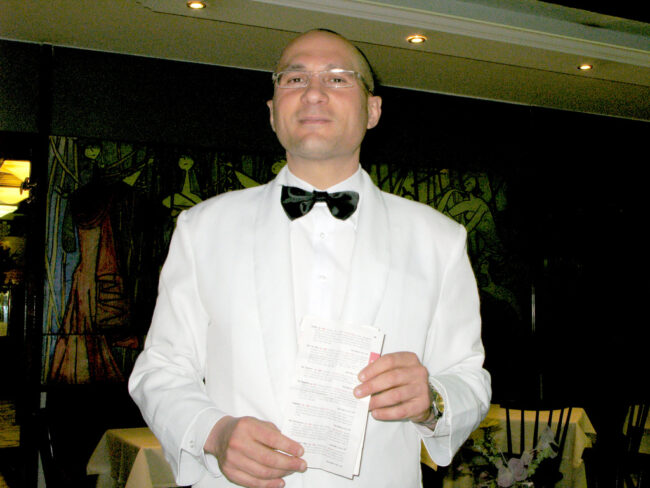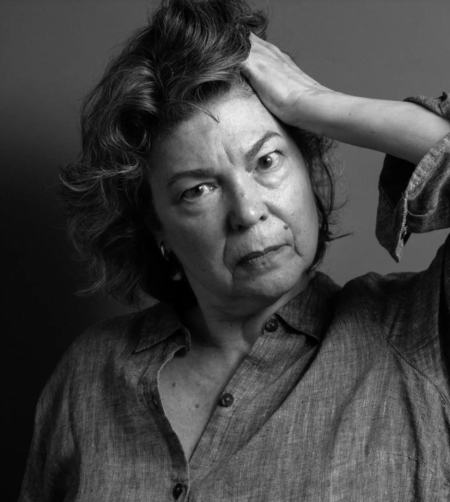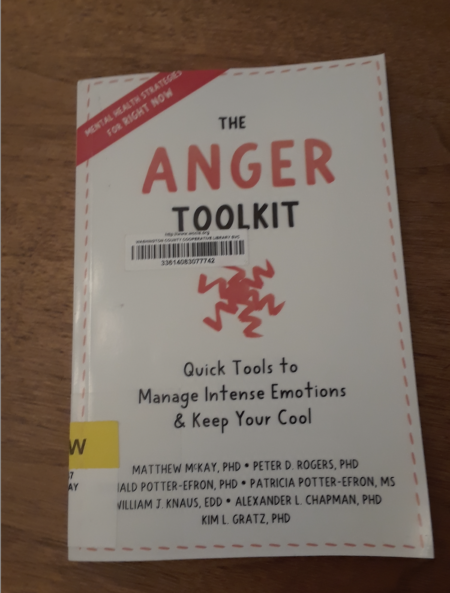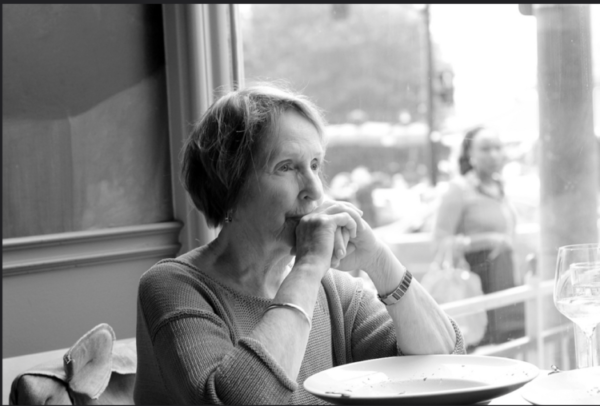GUEST POST by JANET WEIL
“Here’s the check, sweetheart.” The handsome young waiter laid the little tray on the table. Seating me at a booth, he had started with, “I guess it’s just the two of us.” I felt a vague annoyance. Now, after his calling me “sweetie” twice before, annoyance was turning to anger, a familiar emotion these days.
While other women might have felt amused or slightly flattered, I was running down a mental menu of possible responses. Should I snap back sarcastically, “Angling for a big tip, are you?” Try a straightforward rebuke: “Don’t call me that – it’s condescending”? Say nothing and leave no tip? Leave a tip but ask to speak to his manager?
I decided to observe my reaction to the waiter, rather than act on it. For some months, I had been experiencing the irritation-to-rage spectrum, and my concern was growing.
Why was I so reactive so often? Why did I express anger during zoom meetings of my local Extinction Rebellion (XR) group, when other “rebels”, with their own anxieties about dangerous oil trains and pollution, usually did not?
Was I experiencing the dark side of activism, where so much of the world just feels wrong – unjust, headed for destruction – and so many of the decision-makers appear hypocrites or worse – that being politically engaged seems pointless?
Or was I raging because I am aging?
That sudden thought stopped me in my tracks. Was the root cause of my chronic anger not OUT THERE but inside my own body? Was I reacting instinctively to my lack of cardiovascular fitness, months after having COVID for the second time? What about that pinched nerve, low in my lumbar spine? Something about that question felt right, like a clue crucial to solving a mystery.
In “The Anger Toolkit: Quick Tools to Manage Intense Emotions & Keep Your Cool” helpful suggestions abound, so that I can understand my anger, interrupt the reaction, and act more effectively. I particularly appreciate Chapter 9, “Defuse a Potential Conflict” and have recently used the list of 39 suggestions to stop myself from stirring up unneeded drama with a person I find difficult, but also respect.
By my computer, I keep a tiny troll doll with long red hair standing on end, and sometimes hold it up silently during a zoom meeting to indicate humorously that I am feeling upset, or that we all should be upset. Sometimes I get a chuckle in response.
My chronic anger as I near the age (69) when my maternal grandmother died brings up my last, chilling memories of her.
She was often angry and frustrated as the sole caregiver to my diabetic grandfather. A much-relied-on maternal figure in her neighborhood, she found it hard to ask for help. The housework required to maintain a lovely, large home was too much for her, and a bout of pneumonia, unattended to, led to a massive heart attack – right after she had cooked my grandfather’s breakfast for the final time.
I feel sadness and regret about her last years. I don’t want her fate to be mine.
On reflection, anger seems to me like fire: “a good servant, but a bad master” as the old saying goes. Rage has pushed me out of my comfort zone and into action, into hard but necessary conversations, into risks worth taking.
But especially the day-after-day anger I have experienced over the past two years means a tight jaw, a harsh voice, a tendency to see the worst in people and circumstances. Unrelieved, it’s a killer, wreaking damage on heart, stomach, muscles, brain.
To control this powerful force – really a set of complex emotions called “rage” – is my task for now. From a poem I wrote a few months ago:
Love empowered by rage’s energy –
Rage cleansed by love’s nobility –
Who doesn’t want to have that, be that?
I’m searching for that integration.
 A retired ESL teacher and fired-up activist, Janet Weil lives in Portland, Oregon with her husband, but will soon be relocating to the California desert. Janet is active on the Veterans For Peace Climate Crisis and Militarism Project, and when not engaged in activism, enjoys photography, poetry, and films – on streaming services and (again, finally!) in theaters.
A retired ESL teacher and fired-up activist, Janet Weil lives in Portland, Oregon with her husband, but will soon be relocating to the California desert. Janet is active on the Veterans For Peace Climate Crisis and Militarism Project, and when not engaged in activism, enjoys photography, poetry, and films – on streaming services and (again, finally!) in theaters.





